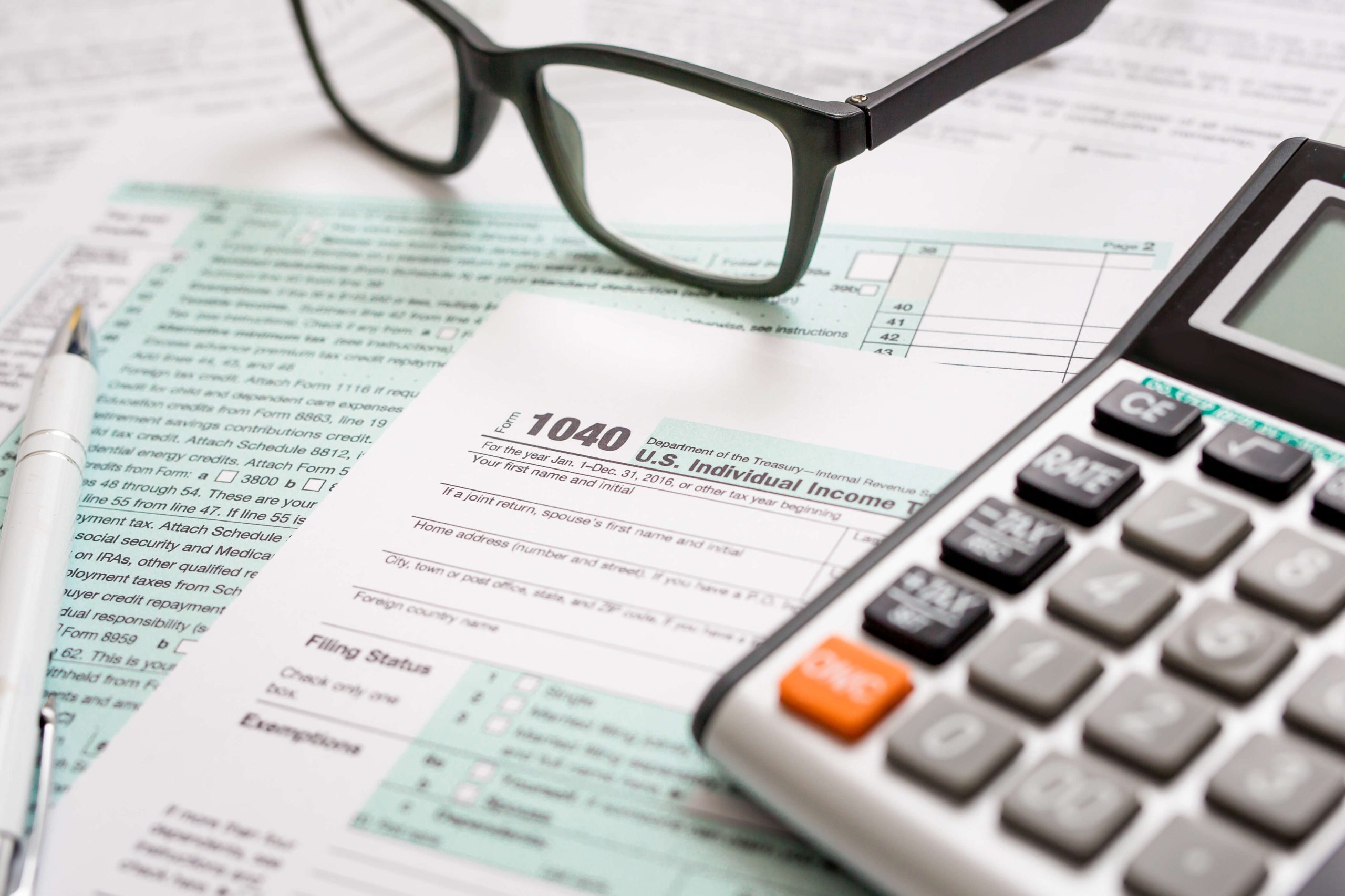Quick Hits
- The IRS has unveiled a proposed rule for the new “No Tax on Tips” deduction, which allows workers in tipped occupations to claim a tax deduction for “qualified tips” received.
- The proposed rule clarifies that “qualified tips” must be voluntarily paid and in cash, including cash, checks, electronic payments, and tokens such as casino chips.
- The proposed rule further lists qualifying occupations, including many traditional tip-receiving roles as well as some unexpected positions, such as cooks and electricians, categorized under eight distinct classifications.
The IRS released a proposed regulation for “Occupations that Customarily and Regularly Received Tips; Definition of Qualified Tips,” listing sixty-eight qualifying tipped occupations for which workers can claim a deduction on their “qualified tips.” The proposed list is nearly identical to a “preliminary list” released by the IRS and the U.S. Department of the Treasury weeks prior.
The “No Tax on Tips Provision,” effective 2025 through 2028, allows eligible employees and self-employed workers to deduct “qualified tips” received while working in occupations that customarily and regularly receive tips as specified by the IRS. Under the provision, eligible tipped employees, including those who itemize and do not itemize their taxes, can claim a tax deduction up to $25,000 per year. The deduction is limited based on adjusted income and phases out for those with a modified adjusted gross income of more than $150,000 ($300,000 for joint filers)
The proposed rule was published in the Federal Register on September 22, 2025, and the IRS will receive comments on it until October 23, 2025.
‘Qualified Tips’
The proposed rule further clarifies what constitutes “qualified tips,” broadly defined by the No Tax on Tips provision as voluntary cash or charged tips paid by customers or received through tip sharing.
The proposed rule clarifies that tips are “paid voluntarily,” meaning “without any consequence in the event of nonpayment,” are not the subject of negotiation, and are determined by “the customer paying the tip.” The rule would further clarify that “cash tips” include tips paid by electronic payments, checks, debit cards, gift cards, or “intangible or tangible tokens,” such as “casino chips.”
Amounts “received by an employee performing services for the employee’s employer in the course of a specified service trade or business operated by the employee’s employer” would not qualify, “regardless of whether the trade or business or an owner of the trade or business is eligible for a deduction.” The proposed rule would also specify that tips paid for “illegal activity,” “prostitution,” or “pornography” are not qualified tips for the deduction.
‘Occupations that Customarily and Regularly Received Tips’
Workers in occupations that receive tips, split into eight categories and assigned three-digit codes, would be required to use Form W-2 reporting in Box 14b (“Treasury tipped occupation code”) for reporting tips. Notably, the list includes some occupations, such as dishwashers, cooks, plumbers, and electricians, that are not typically considered as jobs that “customarily and regularly” receive tips by the U.S. Department of Labor (DOL) for purposes of the Fair Labor Standards Act (FLSA).
100s – Beverage and Food Service
- “Bartenders”
- “Wait Staff”
- “Food Servers, Nonrestaurant”
- “Dining Room and Cafeteria Attendants and Bartender Helpers”
- “Chefs and Cooks”
- “Food Preparation Workers”
- “Fast Food and Counter Workers”
- “Dishwashers”
- “Host Staff, Restaurant, Lounge, and Coffee Shop”
- “Bakers”
200s – Entertainment and Events
- “Gambling Dealers”
- “Gambling Change Persons and Booth Cashiers”
- “Gambling Cage Workers”
- “Gambling and Sports Book Writers and Runners”
- “Dancers”
- “Musicians and Singers”
- “Disc Jockeys, Except Radio”
- “Entertainers and Performers”
- “Digital Content Creators”
- “Ushers, Lobby Attendants, and Ticket Takers”
- “Locker Room, Coatroom, and Dressing Room Attendants”
300s – Hospitality and Guest Services
- “Baggage Porters and Bellhops”
- “Concierges”
- “Hotel, Motel, and Resort Desk Clerks”
- “Maids and Housekeeping Cleaners”
400s – Home Services
- “Home Maintenance and Repair Workers”
- “Home Landscaping and Groundskeeping Workers”
- “Home Electricians”
- “Home Plumbers”
- “Home Heating and Air Conditioning Mechanics and Installers”
- “Home Appliance Installers and Repairers”
- “Home Cleaning Service Workers”
- “Locksmiths”
- “Roadside Assistance Workers”
500s – Personal Services
- “Personal Care and Service Workers”
- “Private Event Planners”
- “Private Event and Portrait Photographers”
- “Private Event Videographers”
- “Event Officiants”
- “Pet Caretakers”
- “Tutors”
- “Nannies and Babysitters”
600s – Personal Appearance and Wellness
- “Skincare Specialists”
- “Massage Therapists”
- “Barbers, Hairdressers, Hairstylists, and Cosmetologists”
- “Shampooers”
- “Manicurists and Pedicurists”
- “Eyebrow Threading and Waxing Technicians”
- “Makeup Artists”
- “Exercise Trainers and Group Fitness Instructors”
- “Tattoo Artists and Piercers”
- “Tailors”
- “Shoe and Leather Workers and Repairers”
700s – Recreation and Instruction
- “Golf Caddies”
- “Self-Enrichment Teachers”
- “Recreational and Tour Pilots”
- “Tour Guides”
- “Travel Guides”
- “Sports and Recreation Instructors”
800s – Transportation and Delivery
- “Parking and Valet Attendants”
- “Taxi and Rideshare Drivers and Chauffeurs”
- “Shuttle Drivers”
- “Goods Delivery People”
- “Personal Vehicle and Equipment Cleaners”
- “Private and Charter Bus Drivers”
- “Water Taxi Operators and Charter Boat Workers”
- “Rickshaw, Pedicab, and Carriage Drivers”
- “Home Movers”
Next Steps
Employers may want to take note of the occupations listed in the proposed rule and assess whether they have employees who may qualify for the “No Tax on Tips” deduction. Notably, the listed occupations expand on jobs traditionally considered tipped. Employers may also want to consider submitting comments on the proposed rule.
Ogletree Deakins’ Employment Tax Practice Group will continue to monitor developments and will provide updates on the Employment Tax, Hospitality, Retail, Sports and Entertainment, and Wage and Hour blogs as additional information becomes available.
Follow and Subscribe
LinkedIn | Instagram | Webinars | Podcasts











